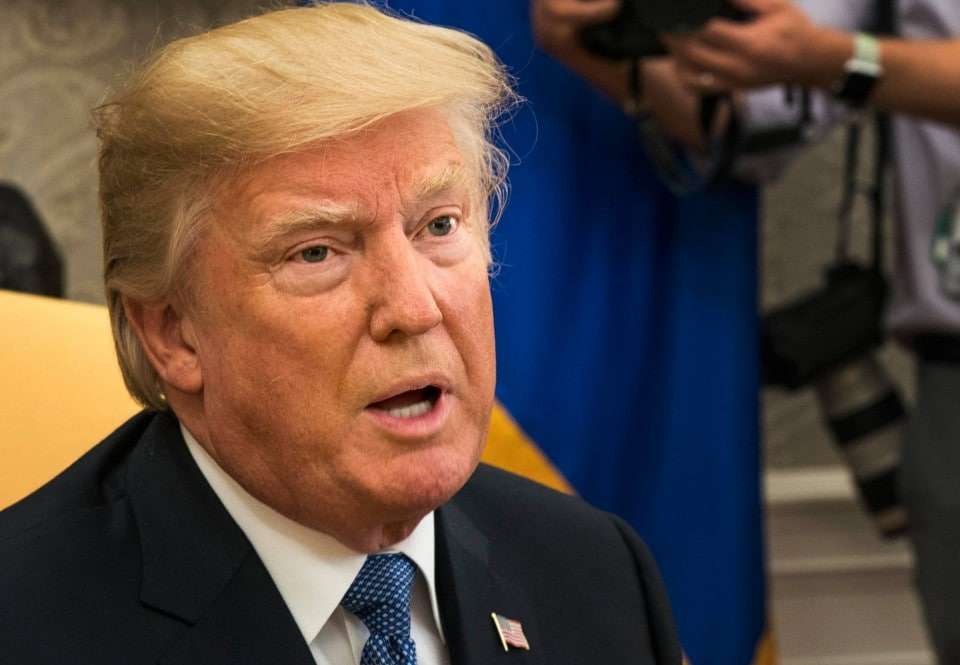The Volokh Conspiracy
Mostly law professors | Sometimes contrarian | Often libertarian | Always independent
President Trump calls for changing NFL tax treatment because of player protests

President Trump tweeted:
Why is the NFL getting massive tax breaks while at the same time disrespecting our Anthem, Flag and Country? Change tax law!
- Donald J. Trump (@realDonaldTrump) October 10, 2017
But such retaliation against businesses because of their employees' political expression would violate the First Amendment. Indeed, a mere five years after the Supreme Court first struck down government action on First Amendment grounds, it faced a similar issue.
The Louisiana Legislature, apparently under the influence of Huey Long (then senator and former governor), enacted a 2 percent tax on large newspapers. The court recognized that of course newspapers, like other businesses, could be taxed - but "a deliberate and calculated device in the guise of a tax" to restrict the government's critics, "with the plain purpose of penalizing the publishers and curtailing the circulation of a selected group of newspapers," violated the free press clause.
The same would be true of attempts to retaliate against speakers more generally. "[D]ifferential taxation of First Amendment speakers is constitutionally suspect when it threatens to suppress the expression of particular ideas or viewpoints." In the words of Justice Clarence Thomas in Reed v. Town of Gilbert (2015), even facially content-neutral rules "will be considered content-based regulations of speech" and thus subject to "strict scrutiny" - an extremely hard standard for a law to meet - if they "were adopted by the government 'because of disagreement with the message [the speech] conveys.'"
I'm not sure that the NFL gets any tax breaks (see this Snopes post, which claims that the NFL has given up the limited tax breaks that had been given in the past to its headquarters), but that doesn't really matter here: Even if the NFL did have such tax breaks, they couldn't then be withdrawn in viewpoint-discriminatory ways. (Nonprofit organizations, for instance, get tax exemptions, but the government may not deny such exemptions based on the nonprofit's viewpoint.)
Indeed, even if Trump's tweet gets the NFL to restrict the players' expression - without any legal changes being made, and simply because of the reasonable concern (based on the tweet) that there would be some retaliation by the federal government for that expression - the threat itself may still violate the First Amendment, as a governmental threat of retaliation for constitutionally protected speech. See, e.g., Okwedy v. Molinari (2d Cir. 2003). Indeed, Virginia senatorial candidate Corey Stewart called for repealing the NFL's antitrust exemption because of the player protests; that, too, would violate the First Amendment, for the same reasons I give here.
For more on the non-legal questions raised by the controversy over players kneeling during the national anthem, see this post.
Show Comments (0)